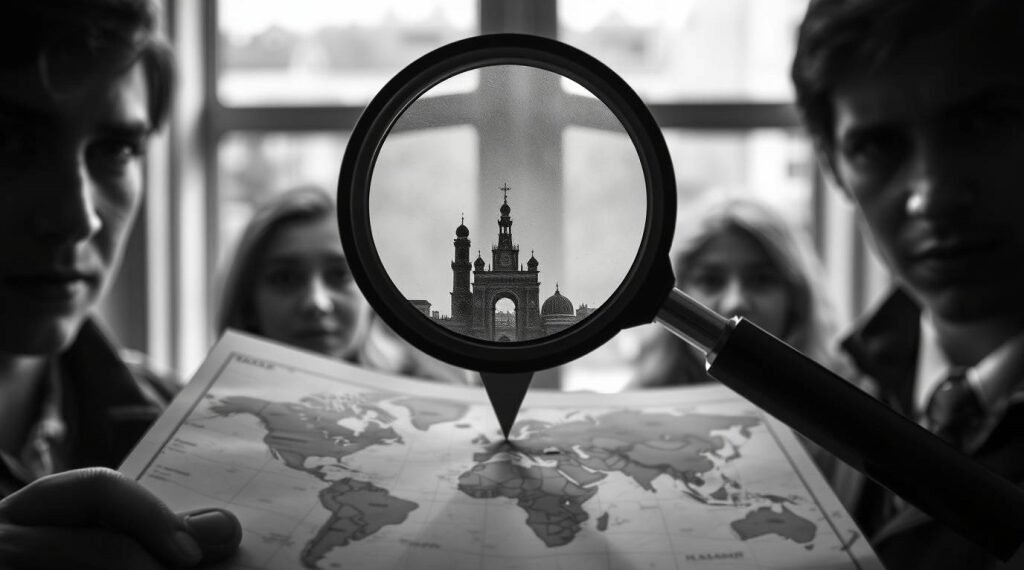The latest versions of ChatGPT can determine the location of a photograph based solely on the image. The discovery that ChatGPT can be used as a reverse location search tool raises concerns, particularly given the vast number of images shared online.
This functionality stems from OpenAI’s o3 and o4-mini models, which feature enhanced image reasoning abilities. These models possess the ability to zoom in, crop, rotate, and analyze images (even those that are blurry or distorted) to detect distinctive visual indicators such as storefront signs, street markings, menus, and architectural elements.
When combined with web search functionalities, this results in a remarkably effective geolocation tool. Users on X have been testing ChatGPT with everyday images, including neighborhood streets and restaurant menus, often obtaining not just the correct city, but also very specific locations. This effectively creates a real-world version of GeoGuessr, with the AI demonstrating remarkable proficiency.
There are significant concerns regarding potential misuse. The absence of safeguards allows individuals to upload images of unknown persons, including screenshots from social media, and inquire, “Where is this?” The privacy ramifications are immediately evident and troubling.
For the time being, this OpenAI o3 and o4-mini functionality is being used primarily for entertainment. However, the potential for abuse by malicious actors remains a pressing concern. Pressure is mounting for OpenAI to establish effective measures to address these issues and implement safety protocols.
The ainewsarticles.com article you just read is a brief synopsis; the original article can be found here: Read the Full Article…


